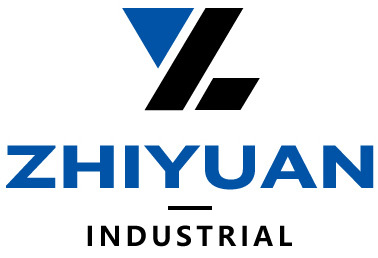Ecco-salt salt slag recycling
Do you need a quote?
Solutions for salt slag recycling in the aluminum industry can be considered and implemented from the following aspects:
Ⅰ. The importance of salt residue recycling
The recycling of salt slag in the aluminum industry is of great significance for resource recycling, environmental protection and economic benefits. Salt slag contains a certain amount of metal aluminum and other valuable components, through recycling can achieve the reuse of resources, while reducing environmental pollution.
Ⅱ. The technical scheme of salt slag recovery
Pretreatment of salt residue
Pre-treatment operations, such as crushing and screening, are carried out on the salt slag to remove coarse metals and other impurities.
Fine metals and oxides are further removed by wet grinding and screening.
Recovery of metals from salt slag
Eddy current separation technology, magnetic separation technology or flotation technology is used to separate metal aluminum from other components in salt slag.
The recovered metal aluminum can be used in the production of recycled aluminum. Utilization of nonmetallic components in salt slag
The separated non-metallic components are further processed, such as for the production of ceramics, refractories or as raw materials for cement kilns.
In these ways, the reuse of non-metallic components in salt slag can be achieved and the waste of resources can be reduced.
Harmless treatment of salt residue
For the salt residue that cannot be directly used, it is necessary to carry out harmless treatment, such as landfill or incineration.
In the process of landfill or incineration, the relevant environmental regulations need to be strictly observed to ensure that there is no harm to the environment and human health.
Ⅲ. The economic analysis of salt slag recovery
Cost recovery
The cost of salt residue recovery includes pretreatment cost, separation cost, reuse cost and harmless treatment cost.
By optimizing the recovery process and improving the recovery efficiency, the recovery cost can be reduced.
Recovery income
The proceeds of salt slag recycling are mainly derived from the sale of recycled metal aluminum and other valuable components.
By improving recovery rates and product quality, recycling benefits can be increased.
Economic benefit evaluation
When salt residue recycling is carried out, an economic benefit assessment is needed to determine the feasibility and profitability of the recycling project.
By comprehensively considering factors such as recycling cost, recycling income and market demand, a reasonable recycling strategy and business model can be formulated.
IV. Policy support for salt residue recycling
Policies and regulations
The state has issued a series of policies and regulations to encourage and support the recycling and reuse of salt residue in the aluminum industry.
These policies and regulations provide legal protection and policy support for salt residue recovery.
Financial support
The government can encourage enterprises to carry out salt residue recycling projects by providing financial subsidies, tax incentives and other policy measures.
These financial support can reduce the recovery cost of enterprises and improve the economic benefits of enterprises.
Technical support
The government can strengthen cooperation with enterprises and scientific research institutions to promote research and development and innovation in salt residue recycling technology. Through the introduction of advanced technology and management experience, the efficiency of salt slag recovery and product quality can be improved.
Ⅴ. Conclusion and Prospect
To sum up, the solution for salt slag recycling in the aluminum industry needs to start from multiple aspects such as pretreatment, metal recovery, utilization of non-metallic components and harmless treatment. By optimizing the recovery process, improving the recovery efficiency and product quality, the recovery cost can be reduced and the recovery income can be increased. At the same time, the government also needs to strengthen the formulation and implementation of policies and regulations, and provide policy support and financial support for enterprises. In the future, with the continuous progress of technology and the continuous development of the market, the aluminum industry salt slag recycling will usher in a broader development prospect.
MESSAGE
We will contact you within one working day. Please pay attention to your email.






